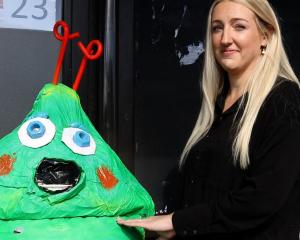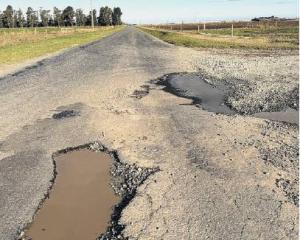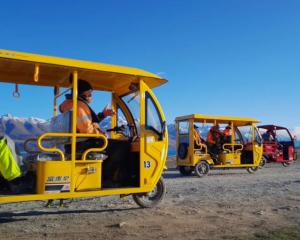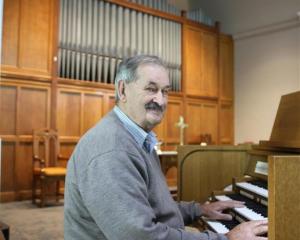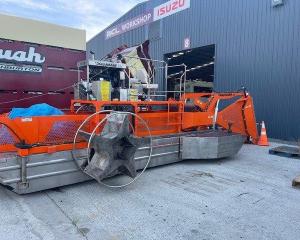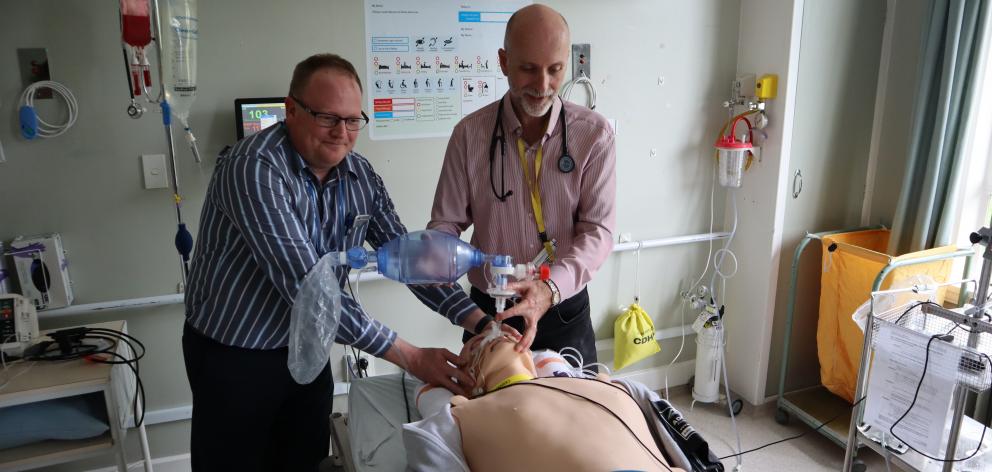
RHACA partners from Canterbury DHB, University of Otago, Advance Ashburton Community Foundation, Mackenzie Charitable Foundation and individual donors got see the centre's medical simulation models in use for the first time.
The introduction of RHACA at Ashburton Hospital was first announced by Advance Ashburton in 2016.
The project budget was $450k over three years and together with other individual donations, has enabled the purchase of three simulation models.
Initially an adult and child were installed, and we are now pleased to announce the third "baby'' simulation model has arrived in Ashburton.
"Without donations and support from our project partners and other generous individuals, we wouldn't have been able to establish this training facility, which will enable the rural health workforce to deliver best practice care,'' manager of Ashburton Health Services, Bernice Marra says.
"We are thrilled to offer this opportunity for our partners and donors to see the simulation models being used for rural health training,'' Bernice says.
"The simulation models (we call them 'the Sims'), allow clinical staff and rural health medical practitioners to practise real-life scenarios in a safe environment where they can familiarise themselves with clinical procedures long before they apply those skills to real patients,'' she says.
The open day simulation involved a trauma situation with a person in a motorcycle accident. A team of nurses and doctors managed the life-threatening injuries as if they were caring for a patient in the acute assessment unit of Ashburton Hospital.
RHACA's purpose is not just simulation training but also research and teaching. Eighteen other RHACA research projects are also under way and others will be added in time.
"We are confident the RHACA will encourage young medical professionals who train here to return after they obtain their qualifications,'' Bernice says.



